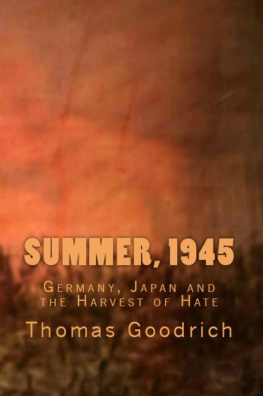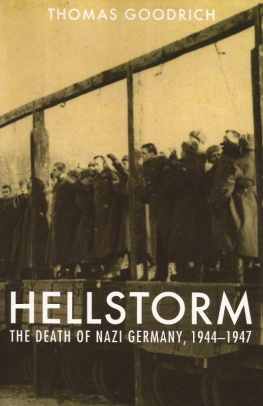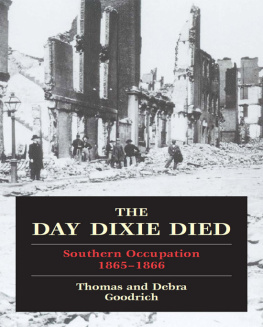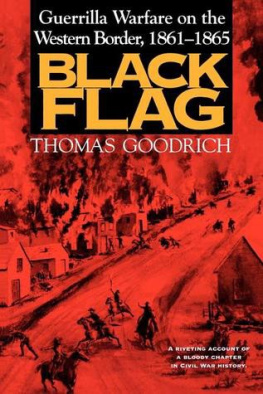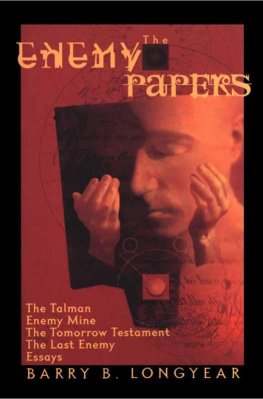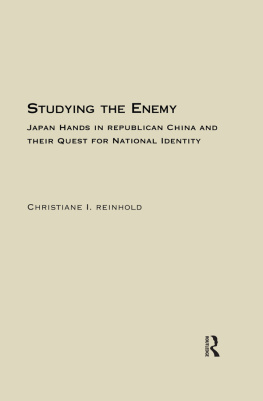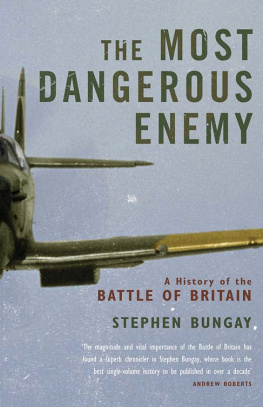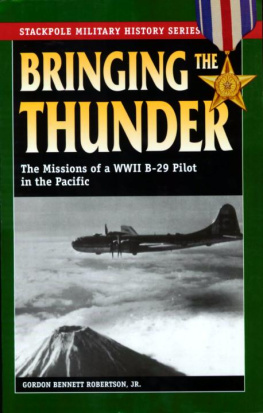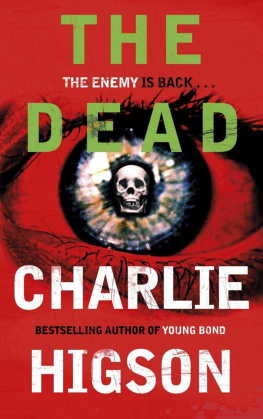Summer, 1945
Germany, Japan and the Harvest of Hate
Thomas Goodrich
The Palm Press
SIESTA KEY, FLORIDA
2018 Thomas Goodrich
The Palm Press, Siesta Key, Florida
ISBN: 978-1-9796-3256-0
contact:
Thomas Goodrich (mtgoodrich@aol.com)
All photos featured in this book were accessed from the public domain.
To the voiceless victims of the worlds worst war
My special thanks go out to Lady Michele Renouf, Peter Rushton and G. Wayne Ashbee for their valuable contributions in the creation and completion of this book.
Contents
Foreword
Prologue One: Germany Must Perish
Prologue Two: Dirty Japs
Chapter 1: The Hour Zero
Chapter 2: Hells Cesspool
Chapter 3: Of Crimes and Criminals
Chapter 4: An Island of Fire
Chapter 5: The Hate of Hell
Chapter 6: Infamy
Photographs
Chapter 7: Inhuman
Chapter 8: To Bear the Unbearable
Epilogue
Bibliography
Maps
Germany 1945
Japan 1945
Foreword
This book is about crime and the evil things evil men do. This book is about words and hate and the powerful price of propaganda. This book is about the savage, no-quarter war waged against Japan during the summer of 1945 and it is about the equally savage no quarter peace waged against Germany during that same summer, 1945. There is no attempt herein to recite the numerous atrocities attributed to the Germans and Japanese by the victorious powers. Certainly, some of these crimes were true; equally certain, many of these crimes were not. Such is winning and losing. Such is war.
To most modern readers, the unique guilt attributed to the Axis powers in starting World War II as well as their supposed barbaric behavior in prosecuting it are too well known to repeat. For those who wish to learn more of the victors version of the war, a simple trip to the book store or library, or the viewing of virtually any feature-length movie or documentary film will offer up the Allied account of the war. This book is, instead, devoted to the inhuman treatment and savage atrocities directed at the losers of the war by the winners, both during and after that war. This book is about the evil things evil men do.
Just as my previous book on Allied war crimes during and after World War II in Europe, Hellstorm: The Death of Nazi Germany, 1944-1947 illustrated how deadly propaganda can be, especially when the intended target audience for such propaganda are eighteen-year-olds with weapons in their hands, so too does this book attempt to illustrate how vicious words fired by experts are far more deadly than bombs and bullets for, unlike bombs and bullets which kill only once, words kill again and again and again. Simply, Japanese and German propaganda never came close to matching Allied propaganda in pure hate; Japanese and German propaganda never had the dripping venom and murderous malice that American and British propaganda had then, and, for the most part, still has now.
While the victors, to this day, vilify and condemn the Germans and Japanese for their treatment of American POWs, never mentioned is that at least the Germans and Japanese took prisoners. Few, very few, German and Japanese soldiers survived actual combat to reach an American POW camp. While the victors, to this day, assail again and again the Germans for crimes against Jews or attack the Japanese for crimes against the Chinese, seldom does one hear about the crimes against the Germans or the crimes against the Japanese, of the deliberate firebombing of millions of German and Japanese women and children, of the wholesale rape of countless women and children, of the utter and abject subservience that both nations even today still find themselves locked in.
Finally, it is the most fervent hope of the author that after finishing Hellstorm and this, its companion study, Summer, 1945, that the reader will not simply set the volumes down and return to a life of indifference and apathy. It is the authors greatest wish that each reader will instead work with others to ensure that never againnot in our name, not in our time, not in our worldwill we ever allow such evil propaganda such as was used in World War II to ever repeat itself; that no matter who it may next be directed at, be it Germans, Japanese, Iranians, North Koreans, or Israelis, we will not ever again allow such vicious, sadistic, and evil words to be used to either create a war or create a peace. As the past has proved, such reckless, murderous words reap reckless, murderous harvests of innocent and guilty alike. Unless we all work to throttle evil men and their evil words and evil deeds, then soon, very soon, that evil will almost certainly be directed at us and those we love.
Thomas Goodrich
Sarasota, Florida
About the Author
Thomas Goodrich is a professional writer living on the Gulf Coast of Florida. His biological father was a United States Marine during the Pacific War, 1941-1945, and his adoptive father served in the US Air Force in Europe during World War II. Visit the author at thomasgoodrich.com.
Prologue One
Germany Must Perish
It is a cool, overcast day. It is an April day so typical in southern Germany, not quite winter, not quite spring.
They stand painfully, unbearably alone against a gray wall, under a gray Bavarian sky. Two of the three have their arms held high, facing the camera. The arms of these two are raised in such a way as to suggest that they have either been held in that position for a very long time or that they are now simply arms resigned to their fate. The other soldier has folded his arms quietly over his stomach. Perhaps he is sick. Perhaps he is wounded. Perhaps, like the others, he too simply does not care any longer.
They are all young; perhaps 17, or younger. At their feet, laying in piles up and down the line, there lay the others. Some are dead. Some, agonizing in their own blood, are yet alive. Others, no doubt, are uninjured but there they lay, unmoving, feigning death, eyes shut tight, brains pounding hard, minds screaming loud, Why? Why? Why? The machine-gun facing those on the ground and those yet standing is now being reloaded.
The three boys still standing are terrified. In all likelihood, one or all have lost control from fear and have urinated on themselves. Hearts are beating three times their normal rate. The pounding throb in each boys temples is so loud that it drowns out all other sound. Each face is pale. Each body is weak. Each mind is lost. Each boy is trying to make sense of it all. Such a thing as this cannot be happening. It is all a mistake. It surely is but a dream. Surely it is a nightmare from which they will soon awaken. Those soldiers facing them are Americans. They, like Germans, do not do such things. Each boy perhaps has a cousin or an uncle in America. They would not do such a thing.
Or perhaps the boys are beyond all this. Perhaps they know; know it is not a dream, but really happening to them. Perhaps they look to the left, then to the right, then down to their feet to see the red blood pouring in streams from those once their friends, their classmates, their cousins, even their brothers. Perhaps, as others about to die, perhaps their lives are already passing rapidly before their eyesback to their childhoods, back to their teachers, back to their families, their pets, their girlfriends, back to the day when one of them nearly drowned in the lake and a British tourist saved him; or back to the pretty farm now turning from winter gray to spring green, the sweet-smelling apple orchard now in bloom, the orchard he loved so much, just as his parents had, just as his grandparents had, just as their parents had.

